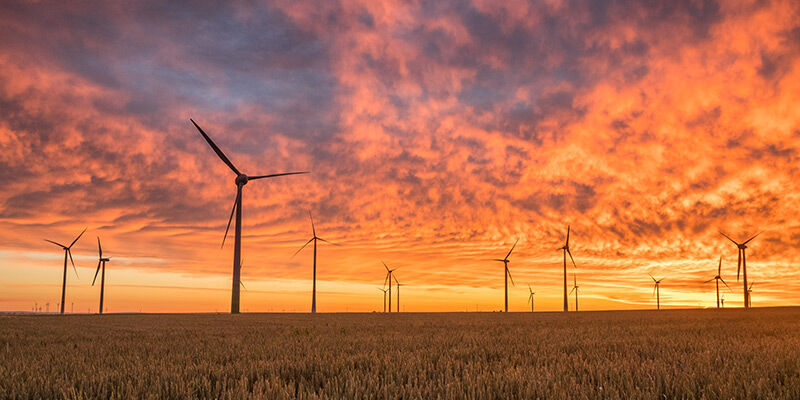Policy, governance, and economic models for a low carbon future

The way we supply and use energy is changing. The traditional flow of energy from large centralised providers to consumers is being replaced by distributed and diverse sources of energy generation, while new energy-using technologies, such as electric cars, are making inroads into many aspects of our lives.
New energy systems need not just new technologies, but also new policies, governance arrangements, business and finance models, and an understanding of their wider impacts on our economy and society.
The University has significant strengths in interdisciplinary whole energy system research that can address these issues. We combine quantitative and qualitative research to solve the challenges presented by the transition to a low carbon future. Our approaches include:
- energy systems and multi-regional input-out modelling
- techno-economic assessments
- energy technology testing and simulation
- social and technical analysis of energy transitions
- institutional economics
- policy appraisal
- models of behaviour change related to the acceptance and adoption of new systems
- hydrogen as an energy vector.
Our research projects
This expertise is evidenced through our leadership roles in a number of nationally and internationally recognised interdisciplinary centres and projects, including the UK Energy Research Centre,Supergen Energy Networks Hub, the Place Based Climate Action Network and through our role as founder members of the Leeds Climate Commission and Yorkshire and Humber Climate Commission.
UK Energy Research Centre (UKERC)
UKERC is an independent academic research centre based across 20 different institutions in the UK. It carries out world-class, interdisciplinary research that addresses the challenges and opportunities presented by the transition to a net zero energy system and economy.
The University of Leeds leads two UKERC Themes, on Industrial Decarbonisation and Energy for Mobility. The work on industrial decarbonisation has modelled different pathways by which the UK can reduce industrial emissions and highlighted that delivering significant reductions will be dependent on having the necessary supporting infrastructure in place for electricity, hydrogen and carbon capture and storage. For example, the research finds that the current constraints on electricity network infrastructure may hinder the decarbonisation of dispersed industrial sites that are not part of the large coastal clusters of industry.
Research under the transport theme has analysed the UK’s transport decarbonisation ambitions and found that the Government’s Carbon Budget Delivery Plan has removed much of the ambition from the policy pathway for domestic transport emissions reduction. This weakening of ambition is down to an assumption by the Government that the level of traffic will continue to grow, combined with proposals for a Zero Emission Vehicle Mandate that are at the least ambitious end of the technology uptake pathways previously published.
Supergen Energy Networks Hub (SEN Hub)
The SEN Hub brings together the vibrant and diverse energy networks community to gain a deeper understanding of the interactions and inter-dependencies of energy networks. The Hub integrates a wide range of industrial and academic partners with other energy network stakeholders.
The first phase of the SEN Hub made important contributions to exploring how energy networks can help deliver the UK’s Net Zero target and other energy policy goals. Research by the University of Leeds has focused on identifying the potential advantages and disadvantages of taking a more integrated approach to network planning and operation through a multi-vector energy networks perspective.
Phase 2 of the Hub will carry out further interdisciplinary and impact-oriented research with the aim to make energy networks a driving force towards a rapid, safe and just transition to Net Zero. Leeds will lead a work package on Policy, Society and Place that will engage with a diverse range of stakeholders to identify immediate no-regrets actions that are needed to transform energy networks in the face of uncertainty about a range of technical, economic and social factors, including how best to support the most vulnerable members of society.
Read our case study about a model for collective financing for local authority projects, devised by our researchers.
Work with us on policy, governance, and economic models for a low carbon future
For enquiries about our research and working with us please email the Energy Leeds team via energy@leeds.ac.uk.